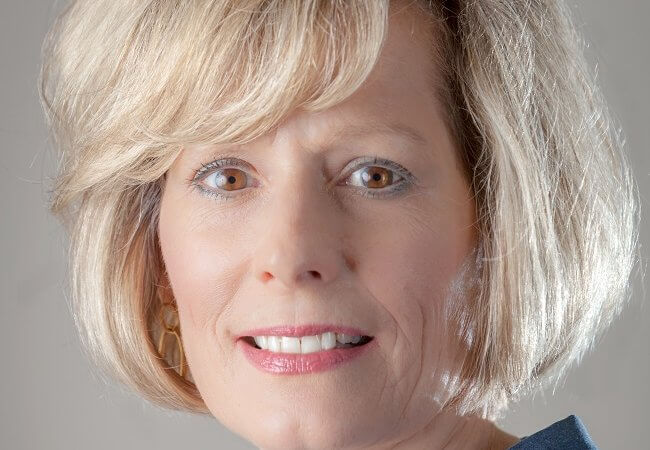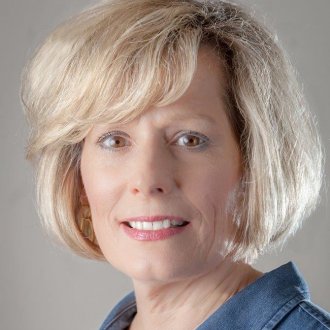
Nov 21, 2017
She Raised Her Hand in Class, and the Rest Was Nursing History
This is the ninth in a series of profiles of leaders who are part of the Campaign talking about their connections to the nursing or health care profession and their interests in healthier communities.
 Leanne L. Lefler, PhD, ACNS-BC, APRN, FAHA, is an associate professor at the University of Arkansas for Medical Sciences College of Nursing (UAMS), is a co-leader for the Hartford Center of Geriatric Nursing Excellence, and is president of the Academic Senate for UAMS. She is a Robert Wood Johnson Foundation Culture of Health Breakthrough Nurse Leader in Nursing, and is a board member of the Arkansas Action Coalition for the Future of Nursing. She received her Bachelor of Science in Nursing in 1982 from Arkansas Tech University, her Master of Science in Nursing in 2001 from the University of Central Arkansas, and her Doctor of Philosophy in Nursing Science in 2006 from UAMS.
Leanne L. Lefler, PhD, ACNS-BC, APRN, FAHA, is an associate professor at the University of Arkansas for Medical Sciences College of Nursing (UAMS), is a co-leader for the Hartford Center of Geriatric Nursing Excellence, and is president of the Academic Senate for UAMS. She is a Robert Wood Johnson Foundation Culture of Health Breakthrough Nurse Leader in Nursing, and is a board member of the Arkansas Action Coalition for the Future of Nursing. She received her Bachelor of Science in Nursing in 1982 from Arkansas Tech University, her Master of Science in Nursing in 2001 from the University of Central Arkansas, and her Doctor of Philosophy in Nursing Science in 2006 from UAMS.
Why did you decide to become a nurse?
I was very practical about it, I thought it would be a steady job! I quickly learned that it was a vocation—one requiring great dedication. I took to it wholeheartedly.
Can you describe your (philosophical) evolution from making that decision to where you are today?
Probably one of the most profound moments was in graduate school while in research utilization class. I raised my hand and asked, “Do you mean that with research, I perhaps can change the health of populations of people?” When my instructor said yes, I knew that instant, this is what I want to do. I decided that moment I would get a PhD, be a nurse research scientist and to work towards health and wellness in older adults with cardiovascular disease.
Of all that you have accomplished, what are you most proud of?
Choosing one thing is too difficult. I am very proud of all the students that I have taught and mentored in my 18 years of academic education. My hope is that I inspired them to care, and care deeply. I’ve always been a rule-breaker and thought outside of the box…this has led me to develop alternative ways to help promote cardiovascular health in the research and community work I have done.
If you could change the profession in any one way, what would you change and why?
I would love to change our higher education system into one that has true interprofessional education, especially for graduate students studying health, wellness, and healthcare. I really believe this type of education would help improve quality of care for our citizens. We would work so much better as a team in promoting wellness and providing treatment.
What is the most important action that nurses can take to lead the way to improve health and health care in America?
I believe that nurses could lead the shift that is so needed in health and health care—that is, from a disease-driven model to a model of wellness. Lead …meaning influencing others to join in, such as other health care providers, but also individuals and communities. We are everywhere, we are smart, we are savvy, and we know different interventions work for different people and communities.
What role do you see for yourself in building a healthier America?
You mean roles? As an educator, to teach the principles of building a Culture of Health and inspire my students to run with it in their lives and in their practices. As a research scientist, to develop better ways of promoting wellness than we have had in America. As a citizen, to fight for healthy workplaces, communities, and homes.
